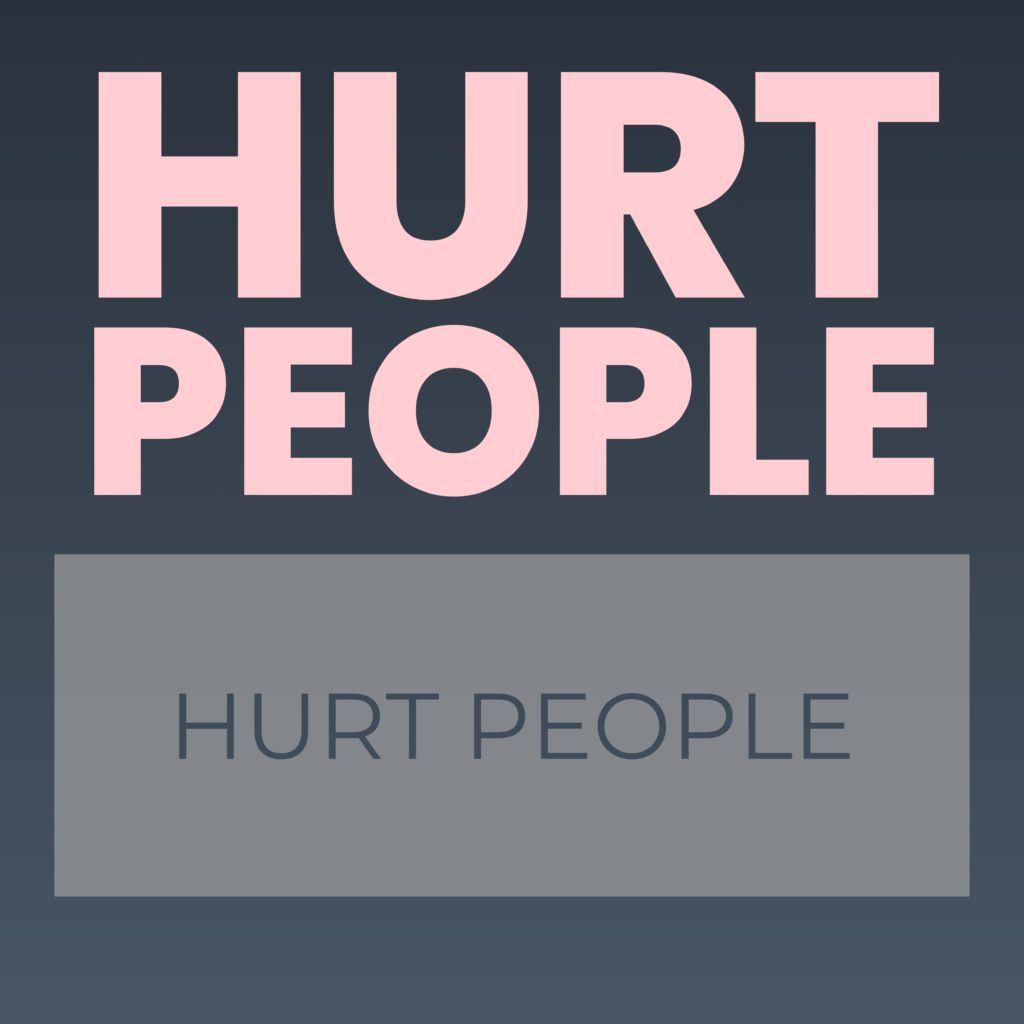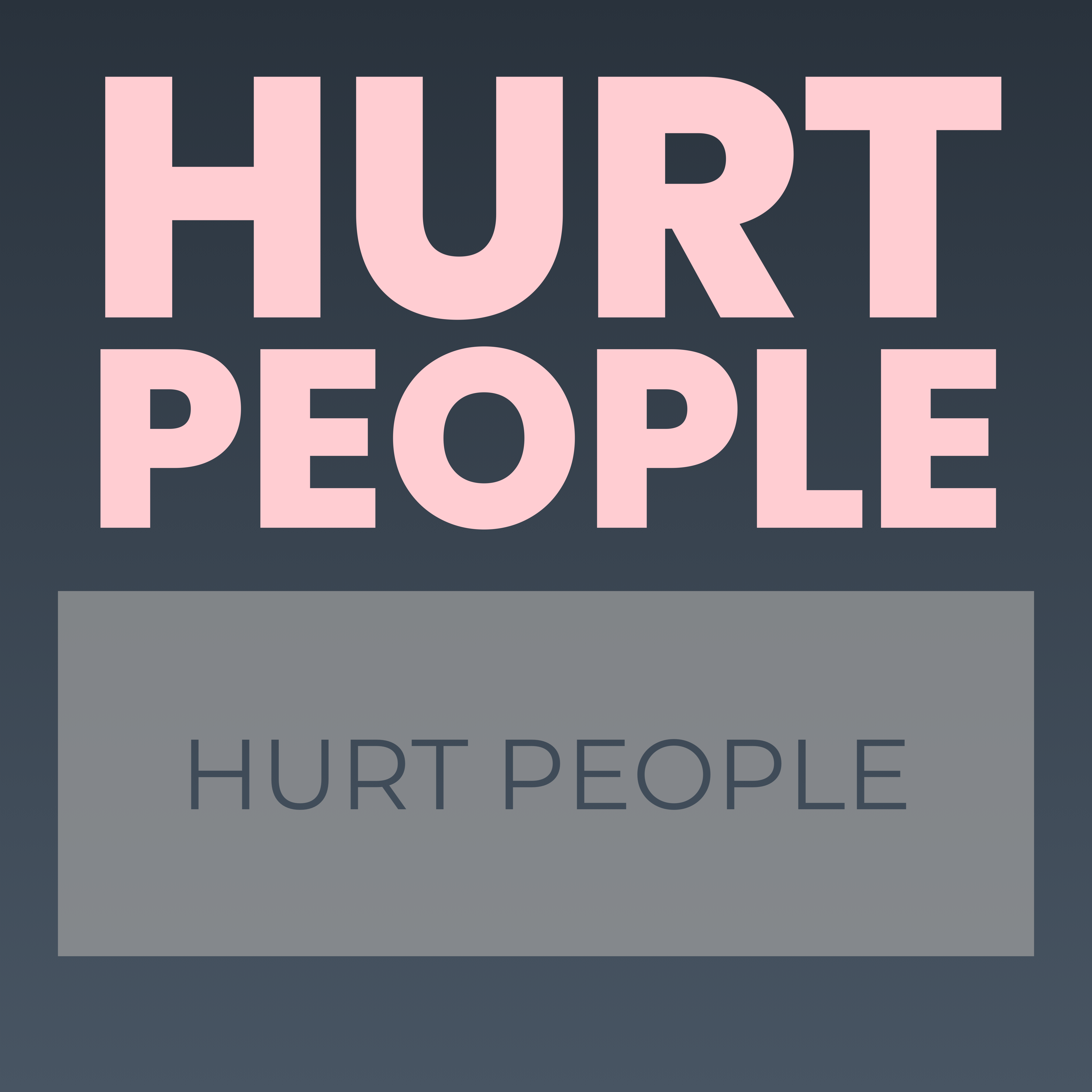
Y’all, I’ve been there. I’ve been hurt by the very people who I loved and supported. A few years after my divorce, I was at my daughters talent show at school where my daughter and 8 of her friends performed a routine that I choreographed. They did great and the routine was amazing! The evening was wonderful and filled with laughter and smiles…until one of the moms from the school cornered me on the playground and accused me of hitting on her soon to be ex-husband! I know most of you don’t know me personally, but if you did, you would know that I am a little on the shy side and DEFINITLY not one to hit on anybody, much less a married man! AT. ALL. But she proceeded to tell me what a slut I am and how I go around and wreck homes at the Christian school. She even mentioned the idea of pulling the hair off my head and shoving my face in the mulch. I was confused and shocked and honestly, quite devastated! This woman was once a friend and I had walked alongside her through so many of her marriage troubles. I never in a million years thought she would think this of me or accuse me of something like this. Although it took me a long time to see it, it dawned on me that she wasn’t mad at me… I had literally done NOTHING that she accused me of. But she was hurting and she was like a tornado trying to destroy anything it her path that wasn’t as miserable as she was.
The phrase “hurt people hurt people” encapsulates the idea that individuals who have experienced pain, trauma, or emotional wounds may, in turn, exhibit hurtful behaviors toward others. While it doesn’t excuse harmful actions, it provides insight into the complex dynamics of human behavior. Several factors contribute to why hurt individuals may engage in hurtful behaviors:
Unresolved Trauma
People who have experienced trauma may carry emotional scars that manifest in their interactions with others. Unresolved trauma can lead to a range of psychological issues, such as anger, fear, or a lack of trust, which may be projected onto others.
Learned Behavior
Individuals often learn how to relate to others based on their early life experiences, particularly within their family or social environment. If someone grew up in an environment where aggression, manipulation, or emotional neglect were prevalent, they may adopt similar behaviors as coping mechanisms.
Self-Defense Mechanism
Hurt individuals may engage in hurtful behaviors as a way to protect themselves. They might believe that hurting others is a means of establishing control, maintaining distance, or preventing others from getting too close emotionally.
Lack of Appropriate Coping Skills
Some individuals lack effective coping mechanisms for dealing with their own pain. Instead of addressing their emotional struggles in healthy ways, they may resort to harmful behaviors as a way to temporarily numb or distract themselves from their own internal turmoil.
Cycle of Abuse
Those who have experienced abuse may perpetuate the cycle by replicating abusive patterns in their relationships. This can be especially true if they haven’t received the necessary support or intervention to break free from the cycle of abuse.
Low Self Esteem
Individuals with low self-esteem may use hurtful actions as a way to exert control or gain a sense of power in their relationships. Hurting others can temporarily boost their own fragile self-esteem, even though it is a destructive and unsustainable solution.
Inability to Express Emotions
Some individuals find it challenging to express their emotions in healthy ways. Instead of communicating their pain or frustration verbally, they may resort to hurtful behaviors as a means of externalizing their internal struggles.
So What Do We Do About It?
Now that we’ve better understand some of the reasons why hurt people go around causing pain and destruction wherever they go, we can take steps to protecting ourselves from their unhealthy behavior.
Understanding that hurt people hurt people is a crucial step in breaking the cycle of negativity. Compassion, empathy, and support can play significant roles in helping individuals heal from their own wounds and, in turn, reduce the likelihood of perpetuating hurtful behaviors. Professional counseling, therapy, and a commitment to personal growth are valuable resources for those seeking to break free from destructive patterns and foster healthier relationships.
Want to keep learning how to get your sparkle back?
Click below to get new posts and tips to your inbox on healing and finding your sparkle again!



